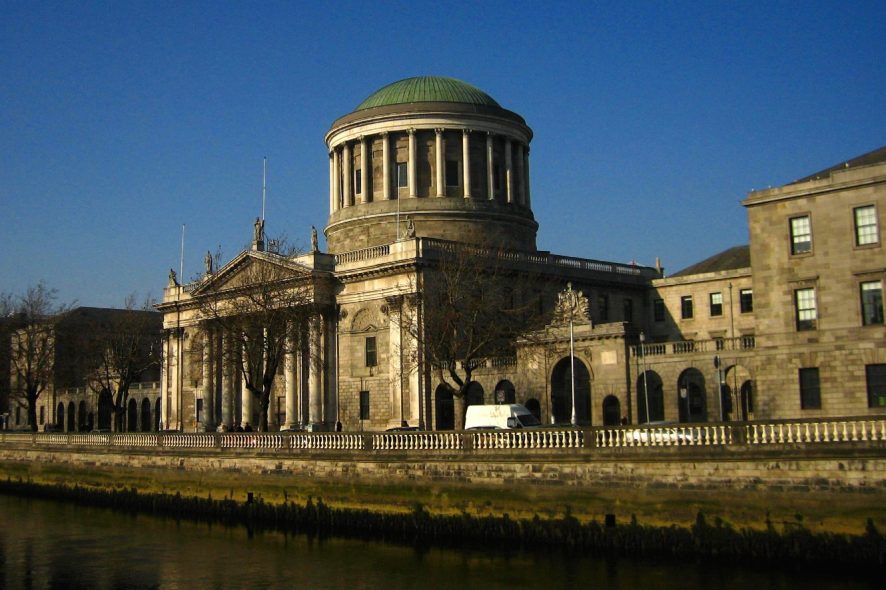Court of Appeal, Ireland: Donnelly, Ní Raifeartaigh and Binchy JJ rejected an application for family reunification sought by an Afghan couple who got married when the husband was already in a valid, subsisting marriage, holding that the recognition of polygamous marriages is contradictory to Irish law and public policy.
The appellant-husband originates from Afghanistan and was declared a refugee in 2016. After the death of his first wife, and while waiting for the determination of his refugee application, he entered into a second marriage in Ireland. While this marriage was still subsisting, he married the appellant-wife in Pakistan and applied for family reunification under Section 18 of the Refugee Act, 1996. He divorced his second wife subsequently, but the Minister for Justice and Equality refused the application for family reunification, holding that the appellant-wife would not qualify as his “spouse” within the meaning of Section 18 of the Act, 1996. The High Court refused their application for judicial review and the appellants’ challenge this decision in the instant application.
Section 18 states that where a person is a defined member of a refugee’s family, the Minister must grant that person permission to enter and reside in the State, subject to requirements of national security and public policy. The High Court had reasoned that Irish law did not recognize the marriage of the appellant to his third wife because it would contradict public policy, considering that polygamous marriages are void ab initio under Irish law. A subsequent divorce from an earlier wife does not validate the marriage with the later wife if it was, in fact, polygamous on the date of marriage. As a result, the appellant-wife did not satisfy the condition laid down in Section 18(3)(b)(i) of the Act, 1996, which required the marriage of the applicant to be recognizable in Irish law.
In the present appeal, the appellants argue that ‘spouse’ within the meaning of Section 18 does not refer to a spouse in a marriage recognized by Irish law, but to a spouse in a valid marriage according to the law of its place of celebration. The Court rejected this argument, reiterating an earlier Supreme Court judgment which stated that “any national legal system that is called upon to make a judgment as to what marital arrangement it will or will not accept must determine the matter in accordance with its own rules.” It found that ‘spouse’ within the meaning of S.18 does not include a person who became the refugee’s spouse when the refugee was still in a valid, subsisting marriage. While recognizing the power of the Minister to disentitle/limit a person who would otherwise be qualified under Section 18(5), Donnelly J observed that Section 18(3) is not to be given an expansive reading to include spouses not recognized under Irish law. The Court upheld the High Court’s Judgment and dismissed the appeal. [I. H. Afghanistan v. Minister for Justice and Equality [2020] IECA 241, decided on 10-08-2020]






